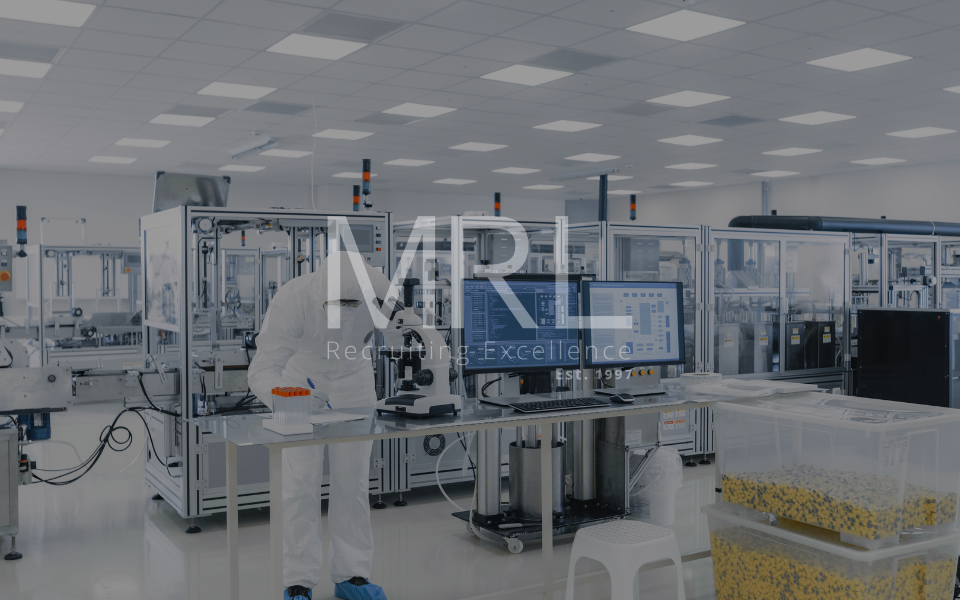What is the FABS Act?
11 Jan, 20225 minutesWhile the country maintains a strong position in the design, automation and equipment manufa...

While the country maintains a strong position in the design, automation and equipment manufacture of semiconductors, chip assembly in the US equates to just 12% of global production.
The CHIPS Act, when passed, would inject $52 billion into the semiconductor sector. But it looks like the inventor of semiconductors isn’t stopping there.
What is the FABS Act?
The FABS Act is an acronym for ‘The Facilitating American-Built Semiconductors Act’ and has been set forward by the following senators:
Debbie Stabenow (D-MI),
John Cornyn (R-TX),
Mark Warner (D-VA),
Mike Crapo (R-ID),
Ron Wyden (D-OR),
Steve Daines (R-MT).
It is a bipartisan proposal to deliver targeted and reasonable incentives for manufacturing semiconductors domestically within the US.
The Act, if passed, would provide a 25% investment tax credit to be utilised for the manufacture of semiconductor equipment and the construction of manufacturing facilities.
Why the FABS Act?
The FABS Act essentially builds on the momentum from the CHIPS Act and is yet another way of the US maintaining its semiconductor leadership.
According to documentation on the finance.senate.gov website, the distinct need to:
“...strengthen and diversify the semiconductor supply chain has been made abundantly clear during the coronavirus pandemic, as disruptions in semiconductor production create shortages that have led to idling automotive plants.
These dynamics must change if the United States is to remain at the forefront of technological development in this vital industry and retain these high-skill, high-wage jobs.”
According to the SIA's CEO, John Neuffer, it can cost 30-40% more to build a FAB in the US. Therefore, with that in mind, it's understandable that many American semiconductor companies wouldn't be able to move overseas manufacturing to domestic manufacturing without an incentive such as the FABS Act.
Who will benefit from the FABS Act?
It's clear that American semiconductor company giants would benefit significantly from the FABS Act, with Micron Technology (who took the sixth position in our Major Players in the Semiconductor Industry list) stating:
“These continued investments in America’s future would further enhance our nation’s competitiveness on a global scale, accelerate innovation, and bolster technology leadership and economic growth in the US.”
However, the benefits reach far wider than just American semiconductor companies interested in manufacturing chips. Considering the impact of the pandemic and the semiconductor shortage, there has been nowhere near enough capacity for chip creation compared to customer demand.
The tax incentives from the FABS Act will allow more FABs to be built domestically, which could eventually balance the chip-capacity-to-demand ratio. It's certainly not a secret that the world needs more chips or that there isn't a short-term solution that will solve the problem. Therefore, the industry needs to action long-term plans such as the FABS Act to not escalate the gap even further.
Additionally, when there's more manufacturing capacity, more jobs are available. Recent graduates eager to hit the ground running will have more choice in where they work than there has been for a considerable number of years once more domestic facilities are available.
Higher-level positions could also open up as domestic companies seek out swifter, new ways to design, develop and manufacture chips to maintain a competitive edge.
If both the CHIPS and the FABS Acts are pushed through, we could begin to see the US bridging a vulnerability in its semiconductor market share and becoming more competitive than ever before.
MRL has been working with US semiconductor companies for over twenty years, helping them fill vacancies with talented candidates. So if you're ready for a new semiconductor role, get in touch with our semiconductor recruitment team.





